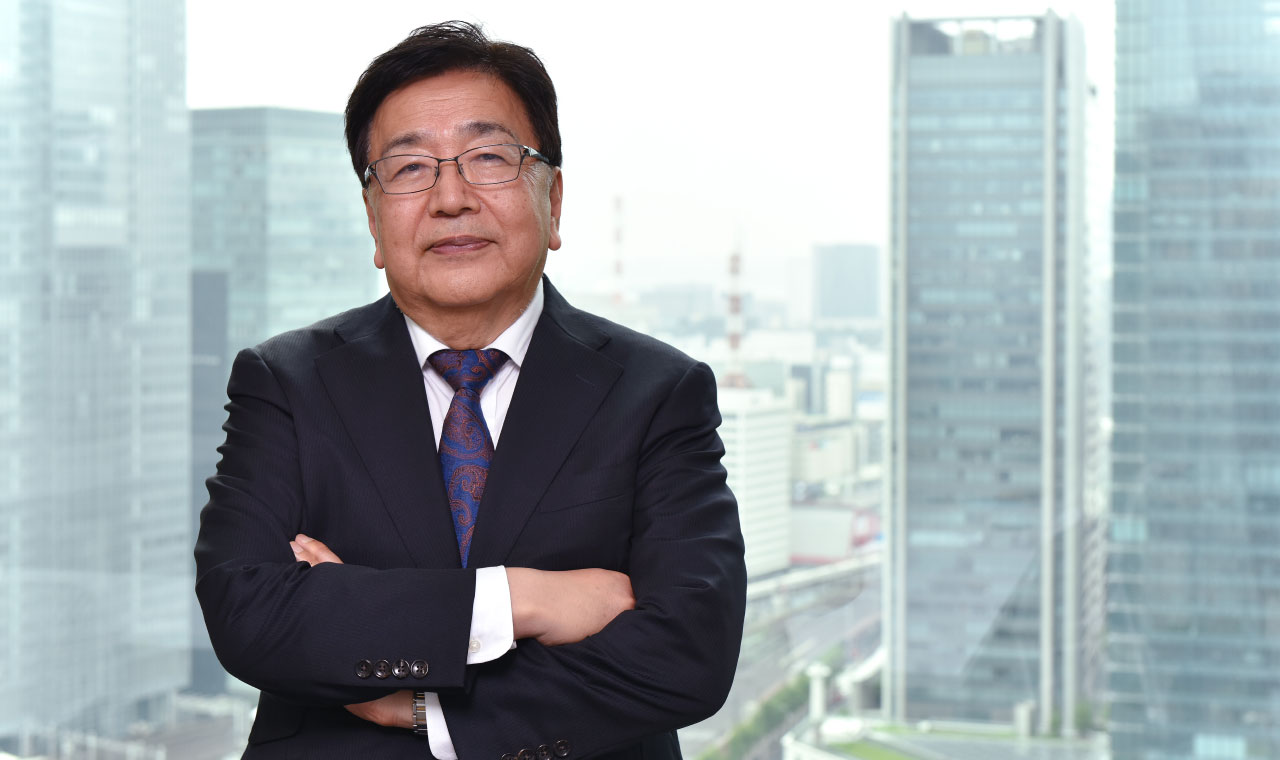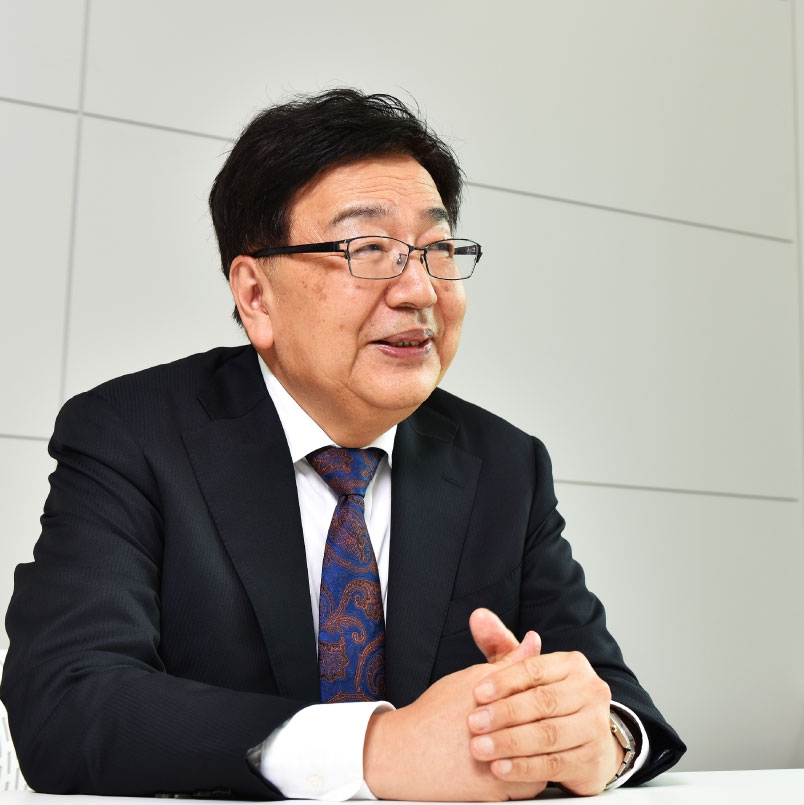
Expectations for the ESG
Disclosure Study Group
Emeritus Professor of Aoyama Gakuin University
and Professor at Tokyo Metropolitan University
Greetings from the Representative

Expectations for the ESG
Disclosure Study Group
My name is Tetsuo Kitagawa, and following my appointment as Representative Director of the ‘ESG Disclosure Study Group’, I would like to tell you about my aspiration for this study group.
I have spent the past few years researching corporate disclosures of ESG information. It has been pointed out that ESG disclosures by Japanese companies are not on par to those of American or European peers. However, I believe the gap between Japanese and such non-Japanese companies has narrowed considerably over the past 10 years. In fact, within certain industries, there have been examples of Japanese companies producing higher quality ESG disclosures compared to their industry peers outside of Japan.
On the other hand, some experts in ESG disclosure in the U.S. and Europe still do not highly evaluate Japanese company disclosures. We must uncover the reasons for this gap by recognizing both perspectives. What can Japanese companies do to improve the evaluation of their ESG disclosures? I would like to propose 5 points to consider.
The first is that Japanese companies tend to limit benchmarking to domestic companies. They should expand their focus to capture more foreign companies. Some are concerned that is a manifestation of “Galapagos syndrome”, an introspective mindset in relation to disclosure, but in reality I believe that the reason why is because they are not observing non-Japanese companies.
Secondly, Japanese companies are satisfied with investing time into understanding various ESG disclosure frameworks (such as SASB, IIRC, GRI, TCFD) and requirements of passive ESG evaluation agencies, but this causes a time lag. First of all, I believe it is necessary for Japanese companies to thoroughly study their contents and significance with a form of ‘Sonkyo’, in other words, remaining open for change with modesty and humility. From there, they should develop their own perspective of the utility of the disclosure framework, and even be able to objectively criticize it if needed.

Thirdly, is that Japanese companies are often reluctant to adopt a proactive approach and storyline related to their ESG disclosure, but they must respond to and overcome such criticisms. Japanese companies are said to encompass the proverb of “unseen virtue brings visible reward” in their missions. They should promote the “unseen virtue” by articulating it in writing in a genuine way. As a result, Japanese companies may be able to become highly evaluated by investors and stakeholders (i.e. reap visible reward). Film critic, Donald Richie described Yasujiro Ozu’s works as “considered to be genuinely Japanese, therefore, also universal”. We should deeply keep these words in mind.
Fourthly, there is a lack of creativity. Some say the style feels rigidly formal. Regarding ESG disclosure, I have been known to say ESG disclosures necessitate dual reporting, one in the form of an annual report (or integrated report), which at minimum describes the long-term sustainability of the company itself, vis-a-vis innovation and economic performance, with a narrative that entertains the audience (readers) much like a Hitchcock movie. The other, is a sustainability report with a comprehensive (Fact Finding) framework that is accurate and without gaps. Unfortunately, at present I find few examples of appealing disclosures, particularly of the former.
Fifthly, is that at each company, the people involved in ESG disclosure should create an environment where they are highly motivated and enjoy working together. About 10 years ago I visited a Scandinavian company known for its progressive disclosure, and saw that they were having a friendly and collaborative meeting in a spacious room. On reflection, I suppose there is no job that is more creative or exciting than ESG disclosure.
From the above, I hope the primary outcome of this study group is for each participating company to become global leaders in their sector for ESG disclosure, by describing their sustainability activities proactively, sincerely and honestly. I expect to be able to eventually present that these are what the world’s most advanced disclosures in each major business sectors should be like.
Additionally, not only companies, but also investors, globally recognized consulting companies, and other stakeholders who utilize the disclosed information will participate in this study group. Through frank discussions with each other, we will pursue a progressive form of information disclosure.
In this study group, I hope that Japanese practices can elevate (‘aufheben’) and become universal.